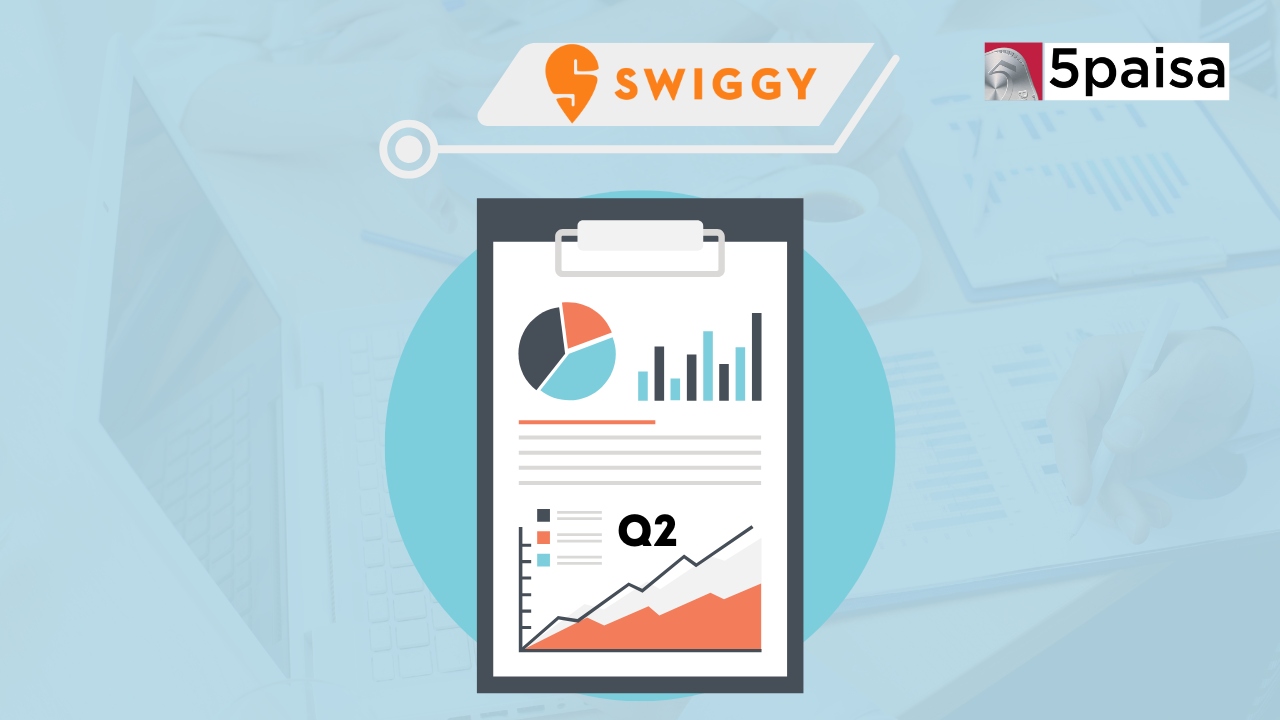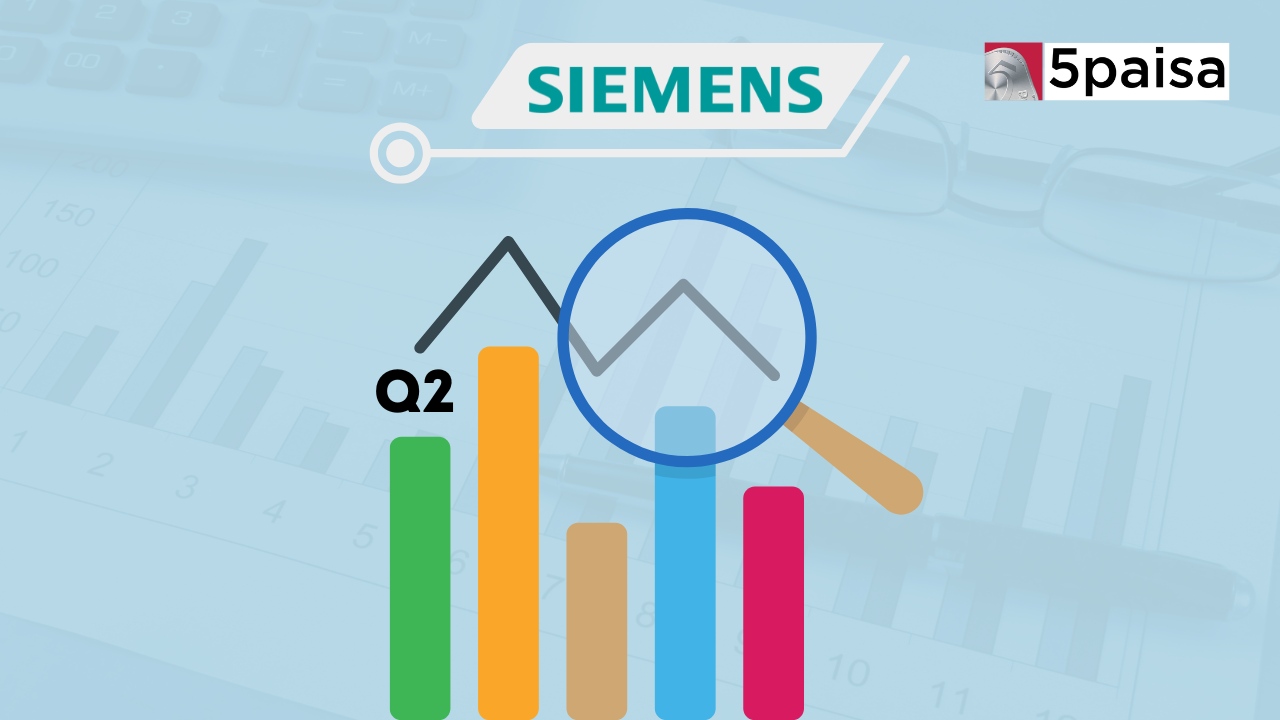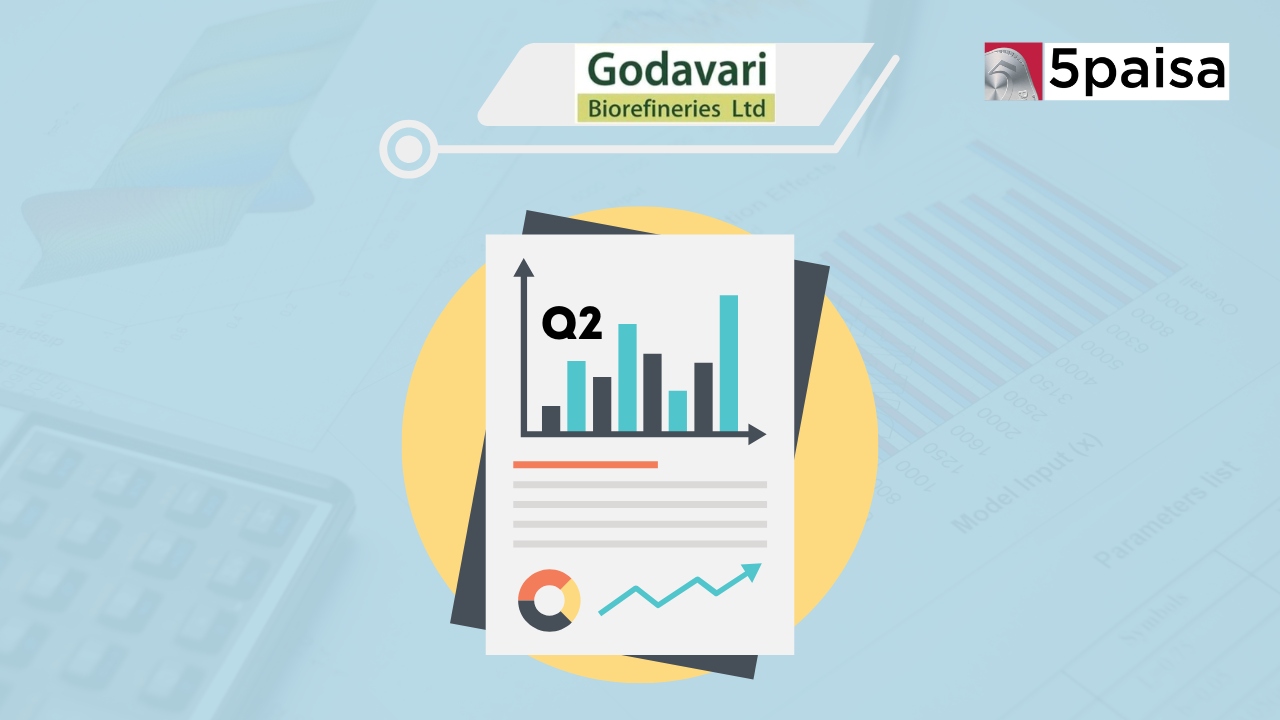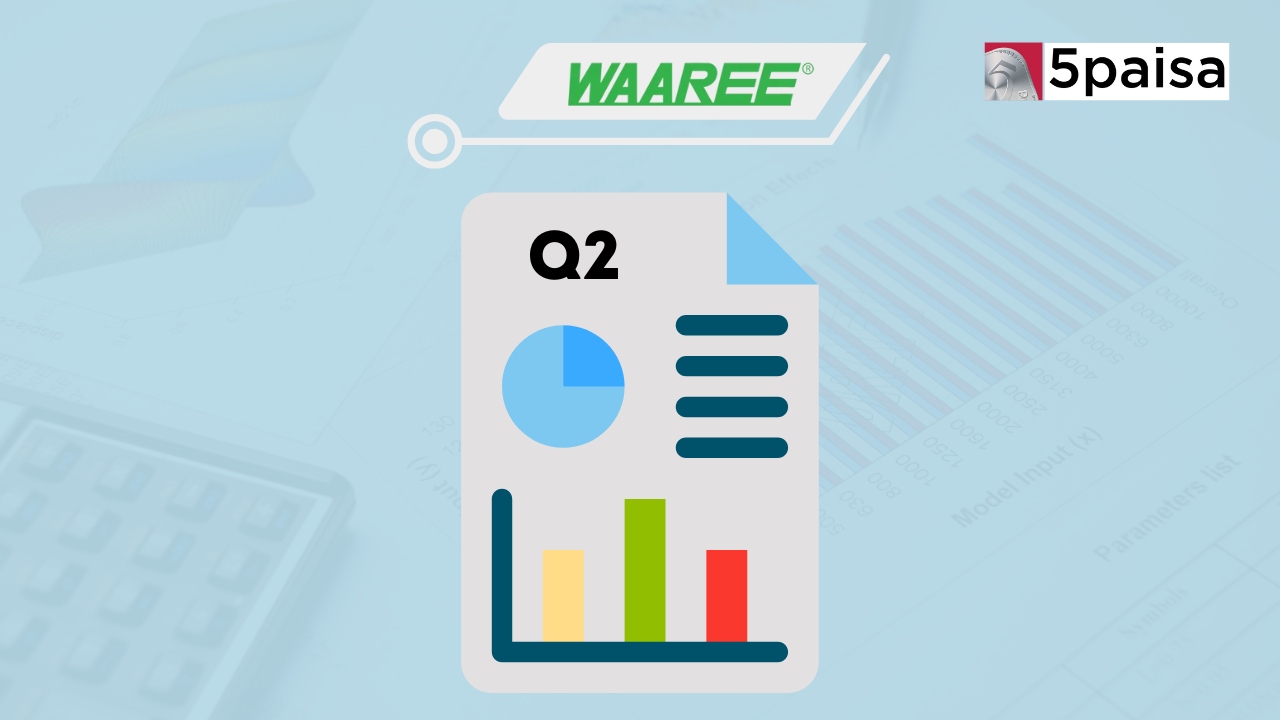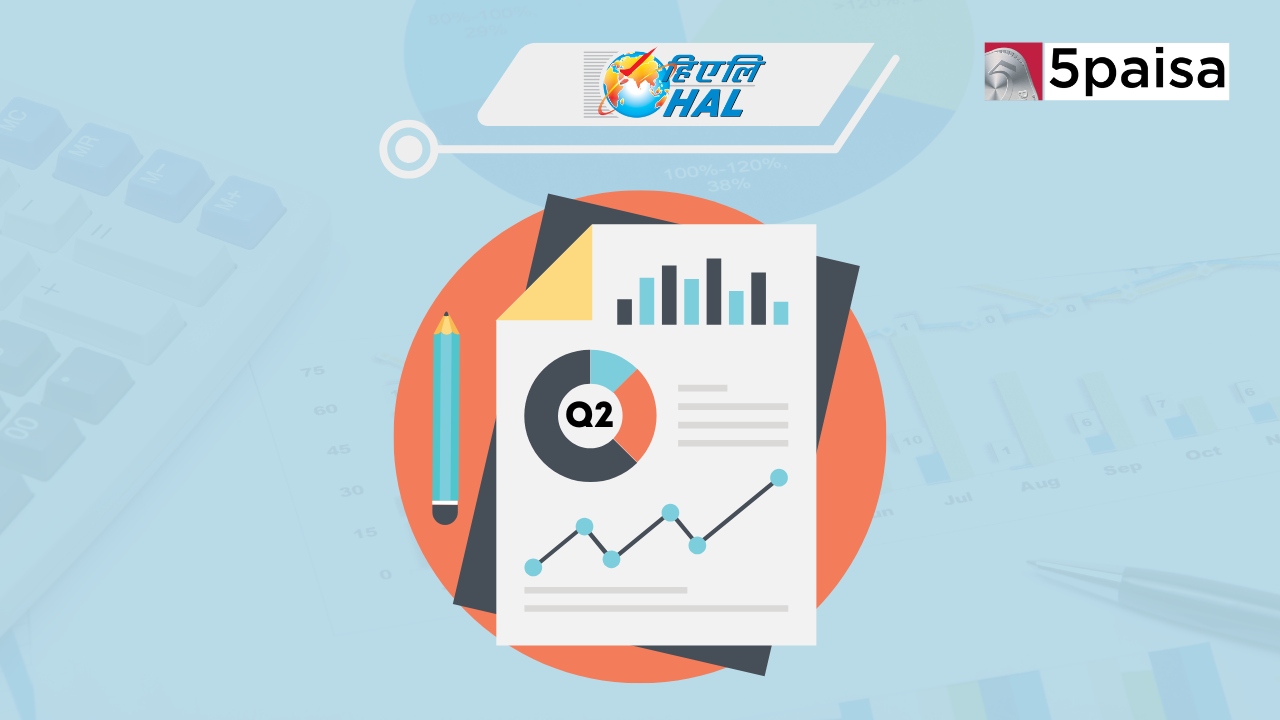Swiggy Reports ₹625.5 Cr Net Loss in Q2 Despite Revenue Growth
AIF Body Proposes Flexible Strategies for Accredited Investor Schemes

Last Updated: 15th July 2024 - 05:41 pm
Alternative Investment Funds (AIFs), through their representative body, are planning to formally request the Securities and Exchange Board of India (SEBI) to permit more flexible fund strategies for accredited investors, including higher derivatives exposure, according to sources familiar with the matter as reported by Moneycontrol.
The Indian Venture and Alternate Capital Association (IVCA) intends to suggest increasing the minimum exposure limit that AIF funds can have to derivatives. Currently, category III AIFs can take a derivatives exposure of up to twice the value of their entire portfolio. For instance, if the portfolio is valued at ₹100 crore, the derivatives exposure cannot exceed ₹200 crore.
Recently, Moneycontrol reported that AIF fund managers are seeking a higher exposure limit and a separate 'high risk' category for AIF schemes, focusing mainly on the futures and options market.
To qualify as accredited investors in India, individuals must have an annual income of at least ₹1 crore and a net worth of ₹5 crore. Globally, wealthy investors must be accredited to access products like AIFs, often requiring only a self-declaration. However, in India, investors can currently access AIFs by meeting the minimum threshold without needing to register as accredited investors. Those wishing to be certified must provide proof of income, such as tax filings, which has led to few investors becoming accredited.
"If an investor is accredited, there is no need to impose a cap of 2x or have other fund restrictions," said Bhautik Ambani, CEO of AlphaGrep and co-chair of IVCA's category III council. He believes fund managers should have greater flexibility to design innovative strategies that are currently unavailable in the market. Ambani added that increased flexibility would encourage more investors to seek accreditation, driven by both asset managers wanting to attract sophisticated investors and those investors seeking higher risk rewards.
Since SEBI's accredited investor regime began in 2021, there have been few participants, with media reports indicating between 150 and 200 accredited investors.
Rishi Kohli, CIO of hedge fund strategy at Incred Capital, suggested that even if the exposure limit is not raised, regulatory tweaks could help. Kohli advocates for differentiating between net and gross exposure, where gross exposure indicates the total capital at risk, while net exposure shows the actual risk after considering hedges or offset positions.
"The risk is higher for a fund when net exposures are high, and hence a cap on it makes sense," Kohli added. However, for low-risk strategies with very low net exposures, the gross exposure restrictions could be increased above the current 2x limit to bring more strategies to the Indian market. Initially, this could be implemented for accredited investors, whom SEBI considers large and sophisticated.
Watch our video on What is What are AIFs
- Flat ₹20 Brokerage
- Next-gen Trading
- Advance Charting
- Actionable Ideas
Trending on 5paisa
02
 5paisa Research Team
5paisa Research Team
04
 5paisa Research Team
5paisa Research Team
Corporate Actions Related Articles
Disclaimer: Investment in securities market are subject to market risks, read all the related documents carefully before investing. For detailed disclaimer please Click here.
